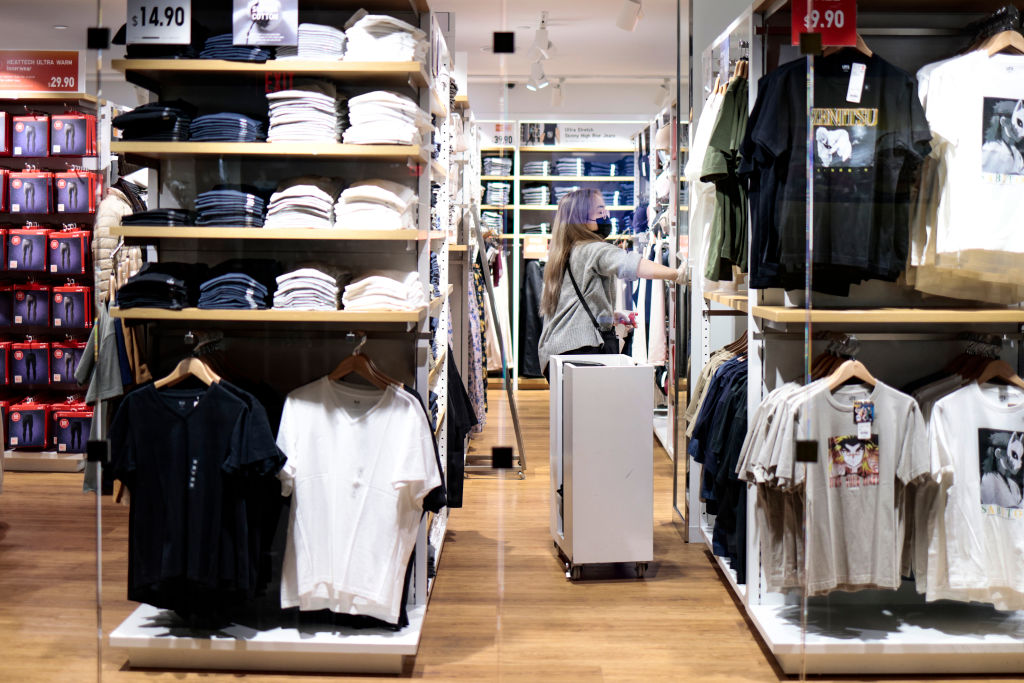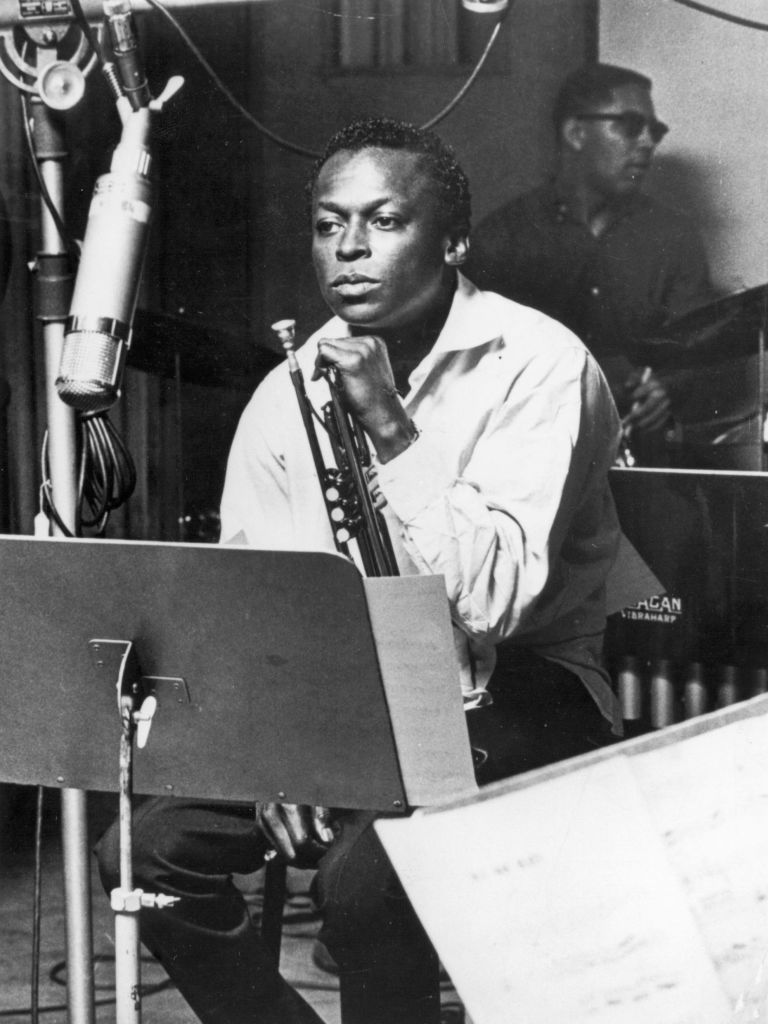How preppy clothing became a lasting fashion trend
A Ralph Lauren polo shirt. A varsity jacket. Khakis and loafers. Are these clothes business casual? Date evening attire? Is this a “preppy” look? As it happens, the remedy is form of all of the above, and it’s since they share a common trend ancestor: Ivy.
Based mostly on mid-century clothing worn on Ivy League campuses, Ivy is a vogue development that’s stood the exam of time. In her podcast, “Content articles of Interest: American Ivy,” journalist Avery Trufelman traces the globetrotting record of the Ivy fashion, from its roots at Princeton College to its modern day iterations by brand names like Uniqlo.
Trufelman spoke with “Marketplace” host Kai Ryssdal about Ivy and its legacy now. The adhering to is a transcript of their conversation.
Avery Trufelman: Ivy was a super duper big outfits phenomenon in the mid-20th century. And about time, it developed into what was in the ’70s and ’80s known as “preppy model,” and what I argue now almost has no title at all. I imply, as menswear author Derek Guy suggests on the application, you know, a button-down collared shirt is just a shirt. Khaki pants are just pants. But when upon a time, this was all part of a design and style identified as Ivy.
Kai Ryssdal: Ok, so this is gonna get a tiny meta below, but this overall year variety of is — and as I reported before we turned the microphones on, I don’t know accurately how this interview was gonna go — so I want to quit here for a moment and talk about this thought that you are chatting about in the very first episode of this season about tendencies, for the reason that that form of is what has took place right here. Ivy was a factor, it grew to become a trend, and now it is — accurate me if I’m wrong — ubiquitous in what we use.
Trufelman: Yeah, I consider if you want to wear a little something to a career interview, if you want to look very good on day evening, this is a standard clothing fashion. You know, if we truly trace the origins of where by this arrives from, it arrives from the campus of Princeton, and it arrives from Brooks Brothers. And it was the moment quite considerably about looking white and wanting rich and searching male. But this is in which the review of traits will come in. In the 20th century, we went from wanting to look wealthy to wanting to appear great. And the strange issue about it is like preppy apparel have altered with all of these developments. If you observe it above the 20th century, it really claims so much about the state of American motivation in this intriguing way.
Ryssdal: Which is actually interesting, for the reason that the roots of what we see now as Ivy started off in Japan.
Trufelman: Oh, yeah. Ivy was exported to Japan by this just one dude named Kensuke Ishizu. And it actually kickstarted the present-day style marketplace in Japan, and Japanese makes then began to make American garments better than American firms. And this is seen in pretty market Japanese makes like a Evisu and Kapital, but most notably Uniqlo. If you search at it intently, is genuinely executing an iteration of American mid-century preppy fashion, which they then exported and sold back to us. And we enjoy it!

Ryssdal: We do. But on that strategy of us loving it and developments escalating and getting everything everywhere all at the moment — not to blend my media, if you have observed the motion picture — anyone in just one of your episodes states the factor about tendencies that is so corrosive is that they get so capitalized mainly because this is it’s all a business and you acquired to make cash. And that is variety of why and how this occurs.
Trufelman: It is why and how this occurs. But I definitely think trends are, to some diploma, innate in human nature. And indeed, I think they can be corrupted by capitalism, just like enjoy can be corrupted by capitalism, you know, for Hallmark Valentine’s Working day cards. And I consider at the very same time that Ivy design and style, preppy model, simple style — whatever you want to call it — has been form of propelled by trends across the many years. Weirdly enough, it is also a way of resisting traits. And one particular particular person I interviewed stated, “You know, it is so neat, for the reason that it is so, so dorky.” And you appear at photographs of like Miles Davis wearing button-down collared shirts seeking so interesting.

Ryssdal: He looks so fantastic.
Trufelman: I necessarily mean, he seems to be so fantastic. It is like, the coolest way to be amazing is by donning dorky clothing and pulling them off. I imagine we’re seeing a return of Ivy style now, you know, I know the pandemic is not above, but as we’re type of emerging from our pods and looking all around, the easiest point that you can generally return to to make confident you glimpse type of baseline-acceptable is Ivy. It’s a craze that also resists developments.
Ryssdal: We’re sort of all reverting to the suggest, suitable?
Trufelman: Yeah, in a way.
Ryssdal: This gets us chronologically out of buy, but small children of the ’70s and ’80s will not forgive me if I really don’t point out the identify Ralph Lauren right here.
Trufelman: Oh, Ralph Lauren is a big section of the story. I indicate, Ralph Lauren began by doing the job at Brooks Brothers. He was a salesman when he was like 20 many years previous for a person year. And he form of received an notion of what the design and style was, but he recognized [the clothes] have been type of boxy. And he was like, what if I get this glimpse and make it type of human body-conscious, make it kind of sleek? And he did that. He produced an up-to-date version of Ivy and genuinely summoned in the period of the preppy by introducing the polo shirt to the canon of Ivy clothing. And a single of my most loved pleasurable info is what we now get in touch with the polo shirt was actually a tennis shirt. It was invented by a tennis participant. And now we simply call it soon after Ralph Lauren’s business, we simply call it immediately after a distinct activity, which I consider is pretty funny.
Ryssdal: At the conclude of this podcast, you kind of come clear a little little bit. And you say, you know, you’d generally considered of by yourself as an outsider to this Ivy point, but you seemed about a minor bit and discovered you you ended up really in and of it. And I guess I marvel, can the relaxation of us — can we all get absent from it if we preferred to?
Trufelman: I signify, it is these an exciting matter, suitable? Simply because these clothing are so tied up with notions of class. And, yeah, I genuinely experienced a reckoning at the close of it, which is that, you know, I went to prep school. And I genuinely did not like this style, for the reason that I did not like what the private instruction method that I was a element of represented. And, you know, my principle that I have about it is that Ivy clothes depict almost everything that the Ivy establishments on their own are not: It is a rather economical, available appear, that definitely is open to so lots of persons. And it is so strong. I indicate, that is why, you know, the considerably-proper ended up putting on khakis and polo shirts at the Unite the Proper Rally in Charlottesville in 2017. It is because this was a appear that communicated openness and friendliness and, you know, they type of took that ability of Ivy garments and perverted it. But which is the interesting thing about these dresses. They seriously have a power to them that’s open to absolutely everyone — such as me — and I recognized as an alternative of just denying it or making an attempt to get away from it, perhaps I really should just embrace it.
There is a good deal happening in the environment. Via it all, Market is listed here for you.
You depend on Market to crack down the world’s occasions and inform you how it affects you in a reality-dependent, approachable way. We rely on your fiscal assistance to keep making that possible.
Your donation right now powers the unbiased journalism that you rely on. For just $5/month, you can assistance maintain Marketplace so we can retain reporting on the factors that matter to you.
